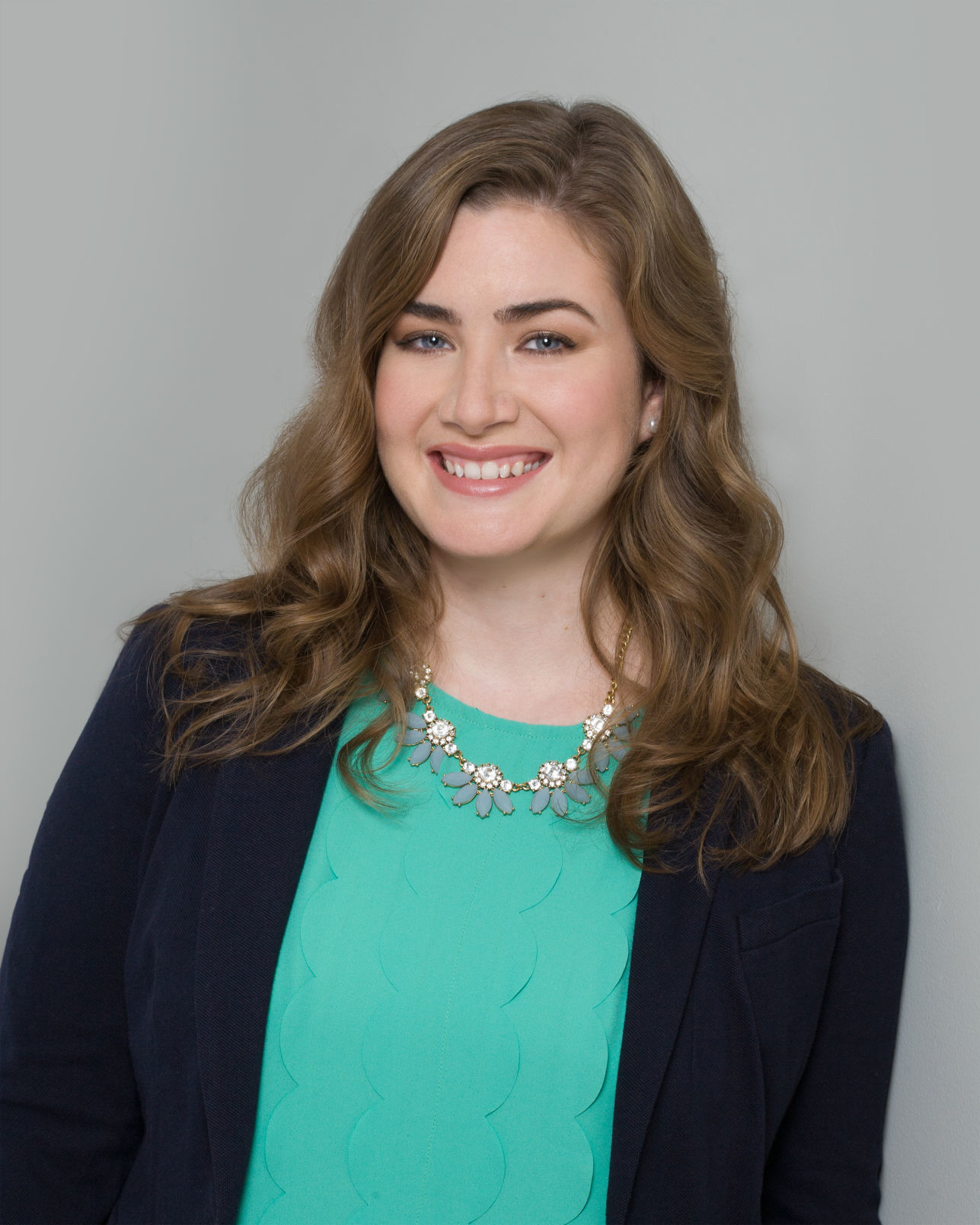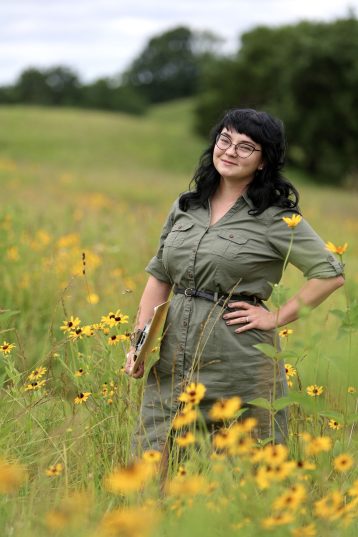It takes just minutes to fill an online cart, do a quick cost comparison and click to complete the order. But if the items aren’t necessary, why is it easy to make purchases without much thought?
Erin Lowry knows.
“I think money often gets discussed as a rational thing and it’s not,” she said. “We make emotional purchases and decisions. Every interaction with money is based on how we feel about it.”
Lowry is a writer, speaker and financial expert with a passion to help others understand and improve their relationships with money. She created a book series, called “Broke Millennial,” and a website devoted to the topic.
During a stop at Loras College, Lowry shared her experiences and some tips.
“It’s important to unearth your psychological relationship with money … this can give you insights on how to protect yourself from yourself,” Lowry said.
She takes the psychology of the purchase to a practical level. For example, Lowry recommends examining bank account activity to see how often funds are skimmed off the top for non-essential purchases.
Then, open accounts for different purposes.
“Always nickname each account,” Lowry said. “Instead of account numbers, it can be ‘want to quit my job next year’ or ‘honeymoon 2020.’ When you log in, you are reminded why it is there and are less likely to use it.”
She speaks from experience. Lowry’s financial practices started young.
“My relationship to money, like most people’s, began in childhood with what my parents taught me,” Lowry said. “Money was a part of the conversation at my house.”
In addition, Lowry’s parents set buying parameters for her. They required their children to pay 50 percent of any desired purchase.
“We had to figure out how to earn money even though we had very little earning potential when we were like seven … the other thing it taught me was impulse control,” she said.
Lowry remembers carrying a stuffed animal around TJ Maxx while calculating how much it would cost her and how many hours she would need to sell doughnuts at the next yard sale.
Those planning skills have served Lowry well, leading her to accomplish college degrees in theater/journalism and start a career in New York. However, she was quick to say she doesn’t have a traditional financial background.
“I didn’t study finance or business, never worked on Wall Street — none of those markers for somebody who does what I do,” Lowry said.
At the start of her career, she worked three jobs to make ends meet and was feeling much like her coined phrase, “broke millennial.”
She managed to live within her means and began dispensing guidance. At the time, Lowry had a friend who worked full-time but wanted to pursue acting. She encouraged her friend to try several jobs to bring in the same funds yet offer flexibility for auditions.
“(My friend) said, ‘I don’t like to talk about money. All I hope is I have enough at the end of the month.’” Lowry said. “That was my lightbulb moment. I had this baseline assumption most people understood and were comfortable with money. Obviously, I was wrong.”
Lowry started asking others how money made them feel, and conversations frequently ended there. So, she began writing about her feelings on finances, like trying to be optimistic about saving for retirement. She believed strongly if she could manage money, others could, too.
“My thought process was that if I just shared, I bet I could trick people into learning about money,” she said. “People would be reading, and at the end, they could see, ah, that’s how to start a 401(k).”
Millennials were listening, and Lowry went on the road. Now, she especially likes speaking to college students. Despite any negative childhood experiences with money, she wants them to know there are steps to a better path.
“A big thing is learning how to advocate for yourself throughout your 20s,” she said. “You aren’t making a ton yet, but you really do have to start standing up for yourself because other people will always be happy to spend your money.”
She shared two examples on managing student loan debt and peer pressure to spend.
“The first piece of advice I give is the most painful part and that is to face your numbers,” Lowry said, regarding loans.
She recommended taking out minimal debt and restraining from using it for lifestyle choices. For graduates, find out the total loan amount, lender names, interest rates, and monthly payments. Then pay extra and consider making payments even during in college.
“A friend paid an extra $10 per month and shaved a full year off her payment plan. Those little amounts can make a big difference,” said Lowry. Be sure to tell the lender to apply the extra toward the balance, not future interest.
Lowry suggested setting limits and talking openly about financial situations.
“Recently, I was trying to meet up with some friends, and a buddy of mine had a financial situation come up … He was honest and said, ‘listen I can’t come up with funds to travel outside my city, but if you want to come to me, you can stay at my house. It’s a fun city and we still can have a good time.’”
Lowry was in favor of negotiating with friends.
“I was once in a wedding and the bridesmaid dresses were going to cost about $270 plus the bachelorette party, shower and wedding were out of town,” she said.
Lowry spoke with the bride to say finances would prevent her from attending everything and asked which pre-wedding events were most important. It turned out others were concerned, too, so the group bundled the parties into one weekend.
“There are a lot of ways you can communicate about finances,” Lowry said. However, no matter your style or the challenges faced, “It’s most important that you have a budget, know your cash flow, and identify what’s important to you. Control your money or money will control you.”
Sherri Edwards is a freelance writer from Dubuque.















